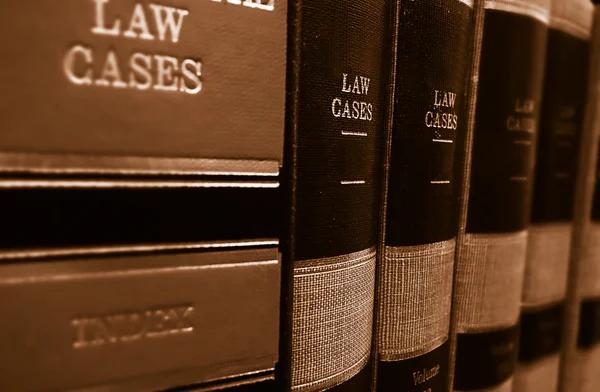
Data breaches have become a significant concern for corporations in the digital era. They not only compromise the privacy and security of sensitive information but also expose corporations to various legal implications. The legal impact of data breaches on corporations is profound, affecting their reputation, customer trust, and bottom line.
The most immediate legal consequence for a corporation following a data breach is regulatory fines and penalties. Different jurisdictions have varying laws regarding data protection and privacy. For instance, under the General Data Protection Regulation (GDPR) in Europe, companies can face fines up to 4% of their annual global turnover or €20 million (whichever is greater) for severe infractions.
In addition to regulatory penalties, data breaches often lead to civil lawsuits from affected individuals or groups. These suits can result in substantial financial damages awarded to victims whose personal information was compromised because of negligence or inadequate security measures by the corporation.
Furthermore, data breaches could potentially lead to criminal charges against a corporation if it’s found that they intentionally concealed the breach or did not take adequate steps to prevent it despite being aware of vulnerabilities in their system. This could result in further financial penalties or even imprisonment for responsible parties within the organization.
Another important aspect relates to contractual obligations between businesses. If one party suffers a breach that compromises shared business information with other entities, this may be seen as a breach of contract leading potentially to litigation and demands for compensation due to loss of business opportunity or reputational damage.
Moreover, corporations are required by law in many jurisdictions worldwide including U.S states like California (under its State Data Breach Notification Law), Australia (under its Privacy Act), etc., to notify affected individuals about any unauthorized access or acquisition of their unencrypted personal information without unreasonable delay after discovering such an incident which might have led them susceptible towards identity thefts & frauds etc.
Lastly, legal implications of data breaches can extend to directors and officers of a corporation. They may be held personally liable if it’s found that they failed to implement reasonable cybersecurity measures or ignored known security threats which led to the breach.
In conclusion, data breaches can have severe legal impacts on corporations ranging from regulatory fines and penalties, lawsuits from affected individuals or groups, potential criminal charges, contractual litigations with business partners and personal liability for directors and officers. Therefore it is crucial for corporations to invest in robust cybersecurity infrastructure and practices to protect sensitive information from unauthorized access or acquisition.
